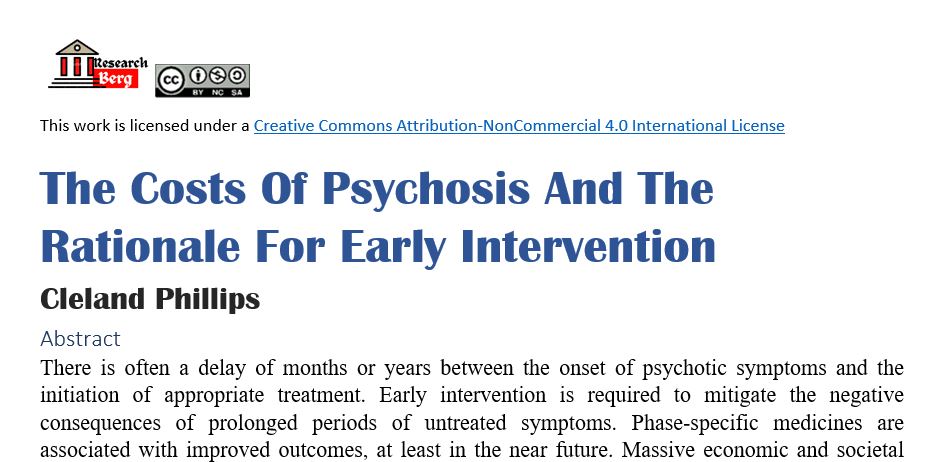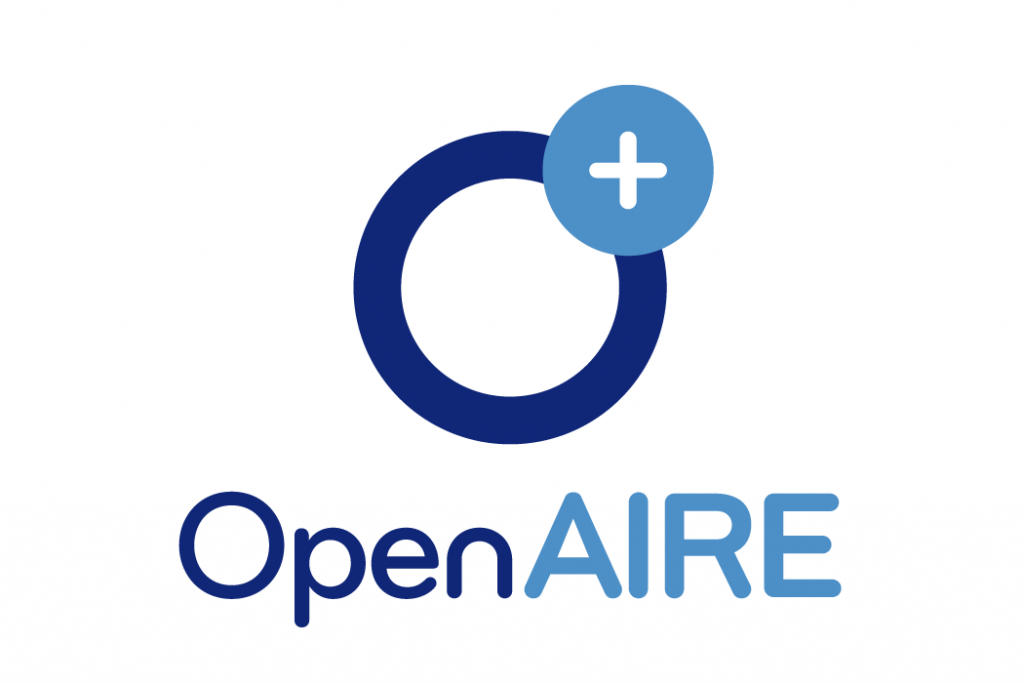The Costs Of Psychosis And The Rationale For Early Intervention
Keywords:
Early Intervention, Psychosis, SchizophreniaAbstract
There is often a delay of months or years between the onset of psychotic symptoms and the initiation of appropriate treatment. Early intervention is required to mitigate the negative consequences of prolonged periods of untreated symptoms. Phase-specific medicines are associated with improved outcomes, at least in the near future. Massive economic and societal expenses complement the terrible personal and family repercussions. Multiple studies have examined the long-term outcomes for schizophrenia patients experiencing their first episode. After five years, at least half of patients still have moderate-to-severe functional and/or social. Early psychosis may be a "critical period" for determining a patient's long-term prognosis, and course-influencing variables may provide a large treatment window of opportunity. One of the few ways to improve long-term outcomes is by reducing the time to treatment success. Typically, psychosis occurs in late adolescence or early adulthood. Patients with psychosis are more susceptible to anxiety problems, depression, aggression, drug addiction, and suicide. Early management has been associated with enhanced functional result, decreased recurrence rates, enhanced treatment adherence, and increased patient satisfaction.

Downloads
Published
How to Cite
Issue
Section
License
Copyright (c) 2020 Author

This work is licensed under a Creative Commons Attribution-NonCommercial-NoDerivatives 4.0 International License.
Creative Commons licenses are used to publish Open Access articles, which provide the legal basis for users to access, distribute, and reuse the content. EQME allows authors to apply one of the following Creative Commons licenses to their work, each of which affords readers distinct rights in terms of commercial use and the capacity to create derivative versions:
CC-BY (Creative Commons Attribution License)
CC-BY-NC-ND (Creative Commons Non-Commercial No Derivatives License)
CC-BY-NC-SA (Creative Commons Non-Commercial Share-a-like)
In each situation, the creator must be given credit, and if derivative versions of the work are created, the alterations must be noted.






